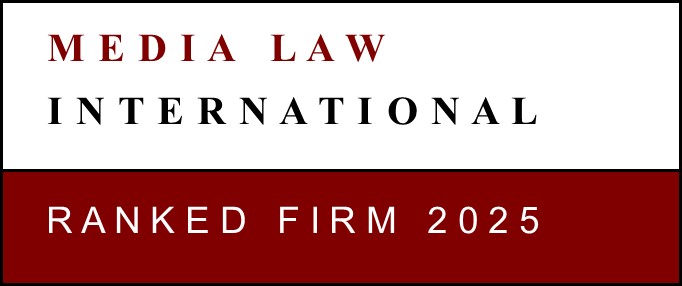By Sorin Strătulă (Partner)
Although the Health Ministry and the National Health Insurance House (CNAS) budgets for 2013 in Romania were increased considerably in comparison with the 2012 figures and the government succeeded in enacting some reforms, the healthcare system in the country still faced various internal convulsions and experienced legislative, social and economic instability. In addition, pharmaceutical producers were dissatisfied with certain matters, and there were protests from public health system professionals. 2014 is, therefore, expected to witness more of the turmoil which began in 20131.
The most important legal changes effectively enforced in 2013 include those associated with the approval of the National Health Programmes for 2013 and 2014 and the extended responsibility of the Health Ministry as the central contracting authority for procurements – acting on behalf of all state hospitals in Romania, with regard to medical drugs, medical devices and other medical services purchased by hospitals from private suppliers.
Romanian generic drug producers to pay reduced claw-back tax?
One issue which has still to be resolved is that of the claw-back tax imposed on drug producers. This prompted extensive, and not always positive, reaction in 2013 from the drug producers, represented by the two main national associations: The Romanian Association of International Drug Producers (ARPIM) and The Association of Romanian Generic Medicine Producers (APMGR). Drug manufacturers are constantly lobbying for further reductions in the claw-back tax, in order to sustain their production and keep their facilities.
A Ruling issued by the Romanian Constitutional Court in 2013 declared a provision of Government Emergency Ordinance No. 77/2011, on the claw-back tax, unconstitutional and, therefore, repealed (i.e., the provision which established, as the base calculation for the tax, the volume of drug sales, including VAT). As a consequence, this Ruling has prompted a reduction in the claw back tax quantum.
In addition to this, the Health Ministry seems committed to enacting new claw-back tax legislation which will stipulate that local generic drug producers will pay a reduced amount of claw-back tax and that the calculation formula will assume that the prices of generic drugs are 65% of the original drug prices at most. The purpose of the new legislation is to facilitate patient access to generic drugs, making them available to a larger number of people, including those earning low-to-medium incomes.
Health Ministry plans further reforms in 2014
Other relevant draft bills and regulations (or just intentions to reform) initiated or proposed by the Romanian Health Ministry in 2013 are still expected to take effect in 2014. These include the regulation of hospital statutes (with the aim of restructuring some public hospitals and transforming them into, at first, twelve so called “pilot-hospitals”), the salaries of resident doctors and professors (following a number of protests by health system professionals, organised into the “Health Professionals Coalition”), the responsibilities (mala praxis) of medical personnel, the removal of state allowances and subsidies for the private hospital market.
1.This article was first published on April 2nd, 2014, in the PMR biweekly news review Central Europe Pharma News (Issue No. 7)
You can download this article in PDF format below






